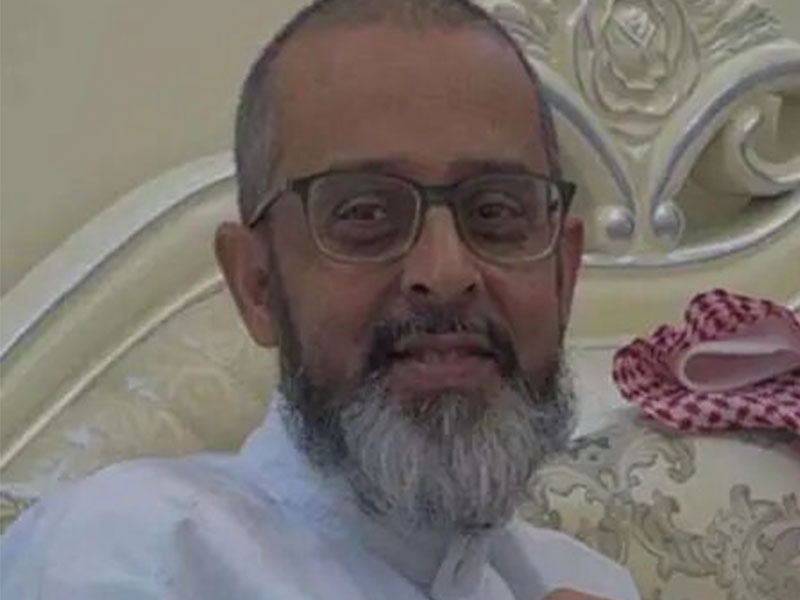A Saudi court has sentenced Muhammad al-Ghamdi, 54, a retired Saudi teacher for his Twitter, and YouTube posts.
According to, Human Rights Watch Specialized Criminal Court, Saudi Arabia’s counterterrorism tribunal, convicted Muhammad al-Ghamdi, 54, a retired Saudi teacher, of several criminal offences related solely to his peaceful expression online.
Al-Ghamdi did not have a lawyer for nearly a year and once he finally did obtain legal representation, he was only able to speak with the lawyer immediately in advance of court sessions.
Court documents Human Rights Watch reviewed show that the Specialized Criminal Court sentenced al-Ghamdi to death on July 10 under article 30 of Saudi Arabia’s counterterrorism law for “describing the King or the Crown Prince in a way that undermines religion or justice,” article 34 for “supporting a terrorist ideology,” article 43 for “communication with a terrorist entity,” and article 44 for publishing false news “with the intention of executing a terrorist crime.” Al-Ghamdi’s trial judgment states that he used his accounts on the X, formally Twitter, platform and YouTube to commit his “crimes.” said Human Rights Watch.
The case of Muhammad al-Ghamdi is a reminder of the serious risks that online expression can pose in repressive countries.
In Saudi Arabia, the counterterrorism law is used to silence dissent and punish those who criticize the government or its leaders.
Al-Ghamdi’s conviction is a clear violation of his right to freedom of expression, which is protected by international law.
• In 2022, the police arrested a journalist, Parami Nileptha Ranasinghe, for a Facebook post criticizing the government’s handling of the economic crisis. She was later released on bail, but the case against her is still ongoing.
• In the same year, the police arrested a social media activist, Anuruddha Bandara, for the administrator of the “Go Home Gota” page on Facebook, which was critical of the government. He was charged with sedition and incitement to violence.
• In 2021, the government blocked access to social media platforms, including Facebook, Twitter, and YouTube, during widespread protests against the government. The blocks were lifted after a few days, but the government’s move was seen as an attempt to stifle dissent.
These are just a few examples of the ways in which the government of Sri Lanka has restricted online freedom of expression. The restrictions have had a chilling effect on dissent, making it difficult for people to express their views without fear of reprisal.
In addition to the specific cases mentioned above, there are a number of laws and regulations that can be used to restrict online freedom of expression in Sri Lanka.
The Prevention of Terrorism Act (PTA), can be used to detain people without charge for up to 18 months.
• The Information and Communication Technology Act (ICT Act), which criminalizes the spreading of false information and the defamation of the government.
• The Public Order Act, prohibits the expression of views that are considered to be seditious or incitement to violence.
These laws and regulations are often used to target journalists, activists, and other critics of the government. They have a chilling effect on freedom of expression, making it difficult for people to express their views without fear of reprisal.
The government of Sri Lanka should uphold its constitutional commitments to freedom of expression and allow people to express their views without fear of reprisal







